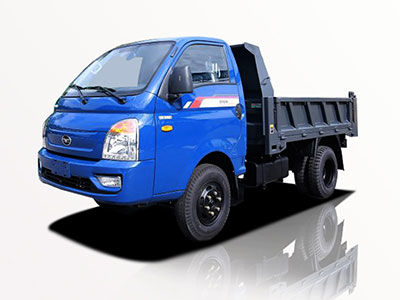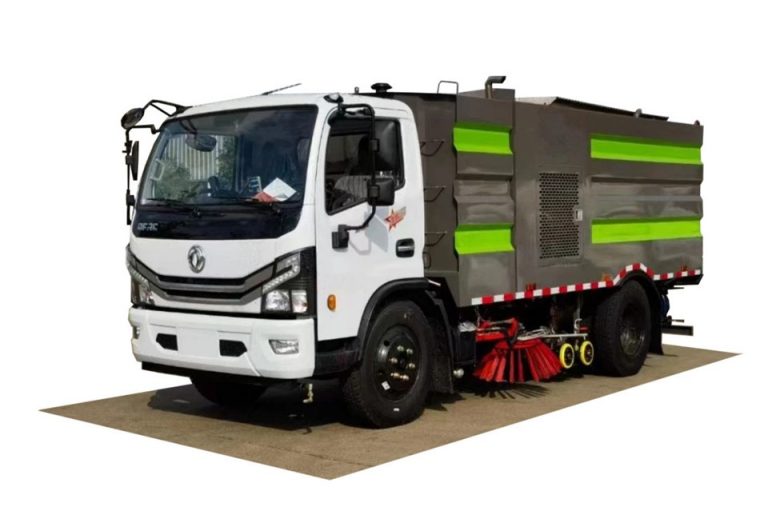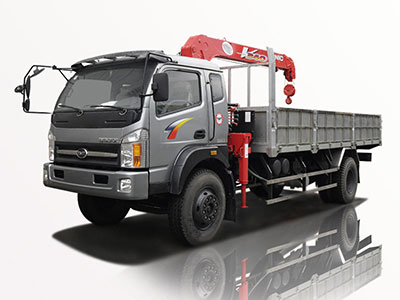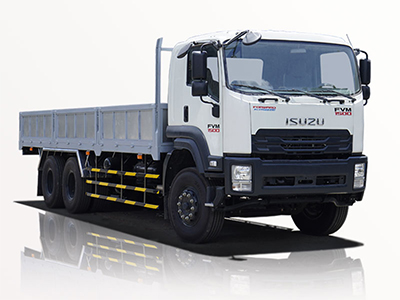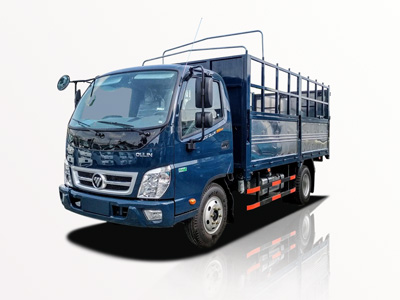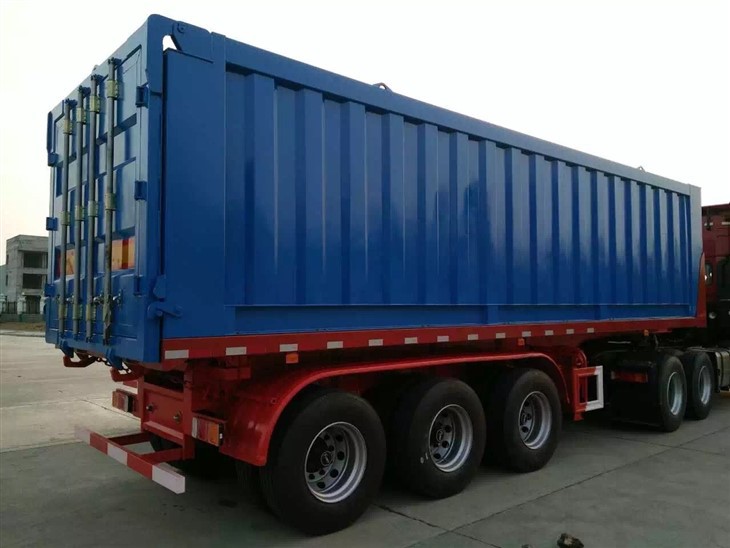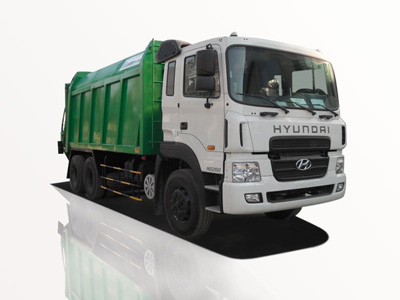Understanding the difference between a dump truck and a garbage truck is essential for many industries, from construction to waste management. While both vehicles play crucial roles in transporting materials, their specifications, features, and operational contexts vary significantly. This article aims to provide a comprehensive guide on the characteristics, uses, and functionalities of dump trucks and garbage trucks, ultimately assisting in making informed decisions for various applications.
What is a Dump Truck?
A dump truck, also known as a tipper truck, is a heavy-duty vehicle designed primarily for transporting bulk materials. Commonly utilized in construction, mining, and excavation industries, dump trucks are characterized by their open-box bed, which is hinged at the rear and can be lifted to allow the material to “dump” out.
Key Features of Dump Trucks
- Bed Design: The open-box bed with hydraulic lifting capabilities.
- Capacity: Ranges from 10 to 16 cubic yards on average but can go higher based on the truck size and model.
- Types: Several types, including standard dump trucks, articulated dump trucks, and transfer dump trucks.
- Power: Generally powered by high horsepower engines suitable for heavy tasks.
Common Uses of Dump Trucks
Dump trucks serve a variety of purposes across multiple industries, including:
- Construction: Transporting materials like sand, gravel, and asphalt.
- Mining: Hauling raw minerals and ores from extraction sites.
- Road Maintenance: Delivering materials for road repairs and maintenance.
What is a Garbage Truck?
A garbage truck is a specialized vehicle designed to collect and transport waste materials from residential, commercial, and industrial areas. Unlike dump trucks, garbage trucks are equipped with compaction systems to reduce the volume of waste collected.
Key Features of Garbage Trucks
- Compaction System: Equipped to compress waste, allowing more material to be collected in a single trip.
- Loading Mechanism: May utilize hydraulic arms, lift gates, or manual mechanisms to collect waste from bins.
- Cab Design: Often features a front-loading or rear-loading design, depending on operational needs.
- Capacity: Typically ranges from 10 to 30 cubic yards.
Common Uses of Garbage Trucks
Garbage trucks primarily serve two main functions:
- Residential Waste Collection: Collecting trash and recyclables from homes.
- Commercial Waste Management: Gathering waste from businesses, restaurants, and other establishments.
Key Differences Between Dump Trucks and Garbage Trucks
Design and Structure
The most evident difference lies in their design:
| Feature | Dump Truck | Garbage Truck |
|---|---|---|
| Bed Type | Open-box bed | Enclosed and compacted body |
| Lifting Mechanism | Hydraulic lift | Hydraulic arms for loading |
| Waste Compression | No compression | Compaction system present |
Operational Contexts
Dump Trucks: Primarily utilized in construction sites and areas needing bulk material transport.
Garbage Trucks: Used in municipal settings for waste collection and management.
Material Types Transported
Dump trucks haul bulk materials such as sand, stone, and dirt, while garbage trucks focus on transporting waste, recyclables, and disposal items.
Choosing the Right Truck for Your Needs
When deciding between a dump truck and a garbage truck, it is essential to consider the intended use:
1. For Construction Purposes
If the goal is to transport construction materials, a dump truck is the ideal choice due to its capacity and functionality.
2. For Waste Collection
If you need to manage waste from residential or commercial sectors, opt for a garbage truck that can efficiently handle collection and compaction.
3. Budget Considerations
Consider the overall budget, including the purchase price, maintenance, fuel costs, and operational efficiency of each type of truck.
Practical Examples and Tips
Maintaining Your Dump Truck
- Check hydraulic systems regularly for leaks.
- Inspect the bed and frame for signs of wear and tear.
- Schedule routine maintenance to ensure engines are running smoothly.
Maintaining Your Garbage Truck
- Ensure compaction systems are serviced regularly.
- Monitor the loading mechanisms for efficiency and reliability.
- Inspect brake and safety systems to prevent accidents.
Environmental Considerations
Both dump trucks and garbage trucks have environmental impacts. Businesses must incorporate eco-friendly practices, such as optimizing routes to reduce fuel consumption and emissions.
Dump Trucks and Environmental Sustainability
Using dump trucks responsibly can aid in reducing carbon footprints. Opt for electric or Hybrid dump trucks where possible.
Garbage Trucks and Recycling Initiatives
Garbage trucks can support recycling efforts by properly separating materials collected during waste disposal.
Future Trends in Dump and Garbage Trucks
Advancements in technology are shaping the future of both dump and garbage trucks. Notable trends include:
1. Electric Models
Both industries are moving toward electric trucks to reduce emissions.
2. Automation and Smart Technology
Introduction of autonomous garbage trucks and smart routing systems for dump trucks to optimize efficiency.
3. Enhanced Safety Features
New regulations and technologies are improving safety measures in both types of trucks, including better visibility systems and collision detection.
FAQ
1. What are the main uses of dump trucks?
Dump trucks are primarily used for transporting construction materials such as dirt, sand, gravel, and debris from construction sites.
2. How do garbage trucks compress waste?
Garbage trucks utilize a compaction system that compresses the waste to fit more materials into the truck, reducing the number of trips needed.
3. Are dump trucks more versatile than garbage trucks?
While dump trucks have versatile applications in construction and mining, garbage trucks are designed specifically for waste collection, making them specialized in their field.
4. What maintenance do garbage trucks require?
Garbage trucks require regular maintenance to the compaction systems, brakes, and hydraulic loading mechanisms to ensure efficient operation.
5. Which truck is more expensive to operate?
The operational cost can vary. Dump trucks often incur higher fuel and maintenance costs due to their heavier workloads, while garbage trucks may have varied costs based on their routes and waste volumes.
6. Can electric vehicles be used in both categories?
Yes, both dump trucks and garbage trucks have electric models available, and their adoption is expected to grow as technology improves.
